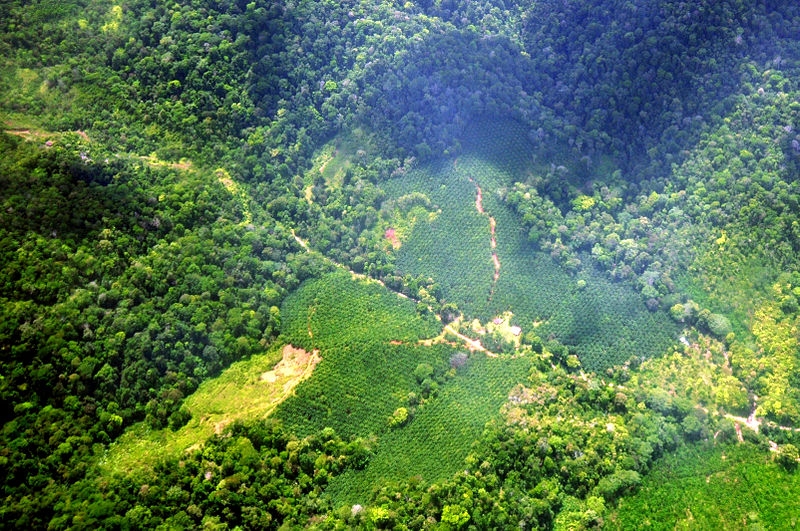Costa Rica experiments with drones to monitor remote forests

Deep Forest, a project backed by environmental group Fundecor, is testing drones as a more effective way to monitor Costa Rica’s dense forests from above. The group believes this method could be scaled up to help other countries monitor their forests more accurately in the hopes of reducing emissions from forest loss and tapping into the market for carbon credits from forest protections.
The project uses drones to fly over remote areas of the forest and the drones collect data while doing so. Monitoring systems like these contribute to Costa Rica’s position as the only country in Latin America to substantially reverse its rate of deforestation.
Deforestation takes away habitats for millions of species, drives climate change, and allows more greenhouse gases to enter the atmosphere. In addition to Deep Forest, the Irazú project is also focused on monitoring Costa Rica’s forests to slow the rate of deforestation. The Irazú project launched in April and tracks the forests using a satellite.
Timothy Scott, Intel’s government affairs manager, highlighted the significance of these types of projects:
"It could help the region to fulfil the commitments we signed in the Paris Agreement."
The team behind the project is still addressing a few technical issues with the drone and the data collected but are hopeful for the use of their monitoring system on other forests in the future. Technology like this is especially important for countries like Costa Rica that are more than half covered in forests.
Ruperto Quesada, a researcher at the Centre for Research in Forest Innovation at the Technological Institute of Costa Rica (TEC), explains that the technologies simply reinforce monitoring of forests that has gone on for more than 30 years in Costa Rica. He said:
"In the end, the important thing in a country like ours is to guarantee the existence of forest. That, in itself, guarantees the absorption of carbon, controls soil erosion, conserves biodiversity and provides other ecosystem services".
The AIDF Global Summit will return to Washington in 2019.
If you’d like to stay informed on the latest updates in aid and development, please sign up for the AIDF newsletter.
Photo Credit: Shankar Raman















